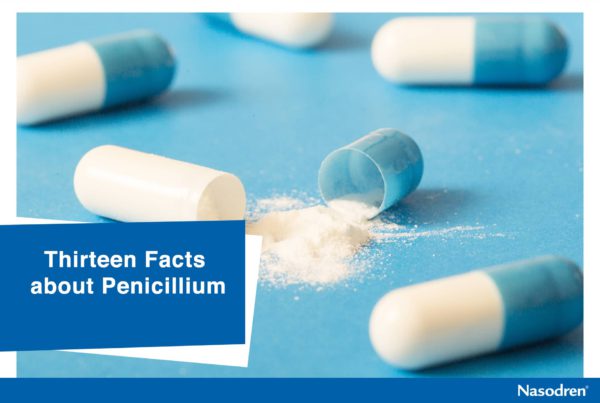Post nasal drip (PND)
Untreated sinusitis becomes a chronic condition, in which the mucous may drain from the infected sinuses into the rear part of the throat, postnasal drip. The bacteria residing in the rear damage the mucous, releasing sulfur gases. If antihistamines are administered to treat the drip, the mouth becomes dry causing more malodor.
Eating whole wheat and the products made from the wheat may cause sinus inflammation in some people, as a result, the mucus production increases substantially. The consequent postnasal drip impairs gastric function and leads bowel related problems. As a result, production of the mucus further increases, leading to excessive drip.
Excessive cold food causes condensation and excessive water accumulation, causing the drip. Decrease the amount of cold food, the drip would disappear.
The PND-induced cough may be confused with cough related asthma. So, consult your physician before starting the treatment.
Studies also have found out that the drip may be related to chronic chest disorders.
Nasopharyngeal carcinoma patients may complain about postnasal drip with blood.
Subcutaneous lymphoid nodules, which mean the posterior pharynx resembles to cobblestones, may form because of the drip.
The following simple remedies may dry up the postnasal drip:
- Sniffing mixture of apple cider vinegar and lukewarm water may help in drying the drip.
- Mix baking soda and salt into warm water. Squirt / sniff the liquid into the nostril and blow the nose.
- Some times nasal drip is accompanied by sore throat. Honey with hot water may reduce the sore throat pain.
- Drinking lemon with warm water may give you relief from the postnasal drip.
The extra mucus generally drips near or on the vocal fold and causes irritation, discomfort and desire to clean throat. Repetitive coughing may injure the vocal structures.
Sometimes aggressive surfing sessions may cause the nasal drip. This is normal. Do not worry about this. The drip occurs because while surfing you loose balance and fall. At that time, water collects in the sinuses. This nasal drip is also called nose drip, postsession nasal drip, faucet nose, nasodrain or saltwater drip.
Cosmetic rhinoplasty may also cause temporary nasal drip within 48-hours of the surgery. If Pituitary gland drains into the sinus glands, nasal drip may occur.






